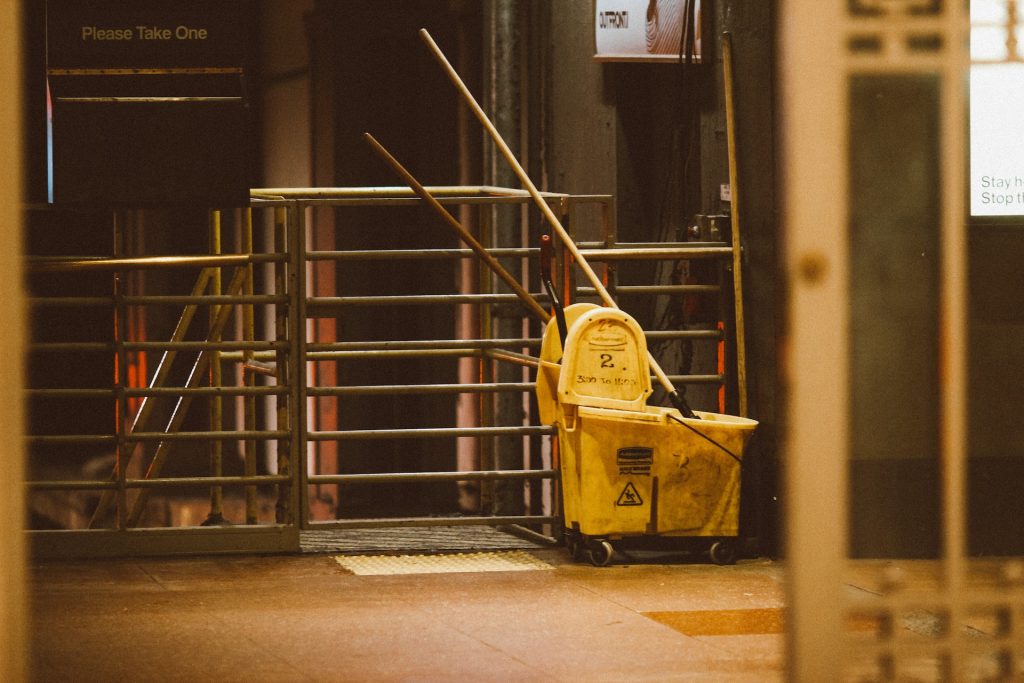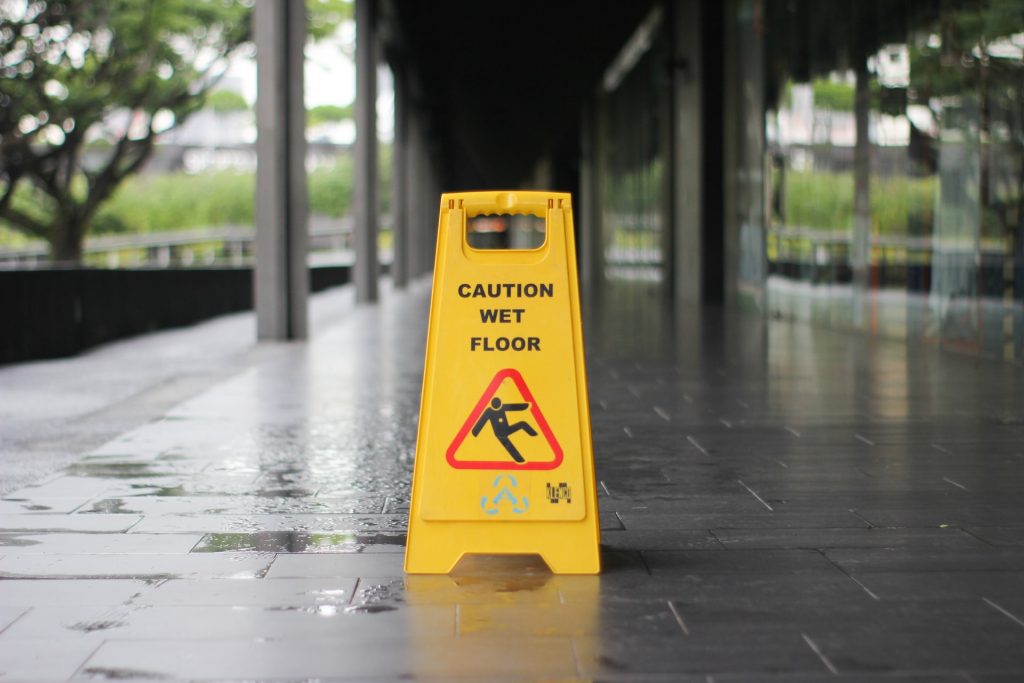
As a business owner, protecting your company from potential legal issues is crucial for its long-term success. Amongst the many legal issues faced by businesses, one of the most common types of lawsuits that businesses face is personal injury claims. These can arise from accidents or injuries, incurred by employees or customers, that occur on your property or as a result of your products or services. To avoid these costly legal battles, which can essentially cut off cash flow, here are some tips on how to protect your business from personal injury claims.
Train Employees
One of the best ways to prevent accidents and injuries is by training your employees on proper safety protocols. This includes providing them with the necessary equipment and tools to do their job safely to legal standards, as well as educating them on how to handle hazardous materials or machinery on their own. After all, you can’t always be around to supervise everyone. By investing in employee training, you can reduce the risk of accidents, but more crucially, minimise the chances of facing a personal injury claim by demonstrating reasonable efforts to provide guidance that trains them to be safe on the job.
Maintain Safe Premises
Keeping your business premises in good condition is essential to prevent accidents and injuries to customers in particular. This means regularly inspecting your property, or paying for a survey, for potential hazards such as slippery floors, uneven surfaces, or broken equipment. It’s important to address any issues promptly and to post warning signs when necessary. Many safety signs are required by law, anyway. By maintaining a safe environment, you can reduce the likelihood of accidents and limit your liability in the event of a personal injury claim.
Purchase Liability Insurance
Having liability insurance is a critical aspect of protecting your business. This type of insurance can help cover the costs of legal fees and compensation in the event that your business is found liable for an accident or personal injury claim. It’s important to work with an insurance provider closely before purchasing an insurance package. They can help you select the right coverage for your business needs.
Keep Clear Records
Record-keeping includes maintaining documentation of employee training, inspections, and any incidents that occur on your property. By having a detailed, organised record of these events, you can demonstrate that your business took necessary precautions to prevent accidents and minimise liability. Courts value this kind of documentation because it’s easy to scrutinise, and verify, and prove actions were taken, and when.

Conduct Regular Risk Assessments
Regularly conducting risk assessments can help you identify potential hazards and take appropriate steps to address them. This includes reviewing your business processes, products, and services to identify areas of risk. Proactivity is your best friend in preventing accidents that lead to claims.
Personal injury claims can be costly and damaging to both your bank balance and your business reputation. By taking steps to prevent and minimise liability, you can protect your business from being crippled by the costs of a legal dispute and often have the evidence to shield against them quickly. Remember to invest in employee training, maintain safe premises, purchase liability insurance, keep records, and conduct regular risk assessments as standard measures. These routines and processes can help ensure that your business is successful in the long term, and less likely to become mired in legal problems before it’s even got going.











